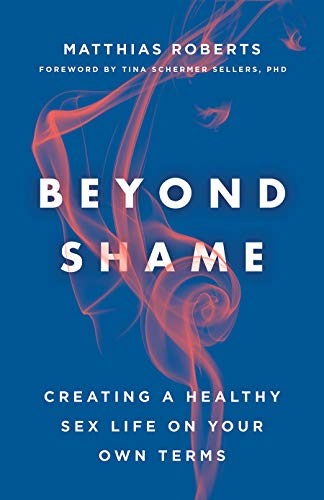What do you think?
Rate this book


187 pages, Paperback
Published January 7, 2020
Whatever values we decide on for ourselves, as we work toward flourishing for ourselves and for others, we can celebrate when we experience it, and we can offer ourselves kindness when we do things that diminish flourishing and then trust ourselves to move back toward flourishing as we continue on our journey.